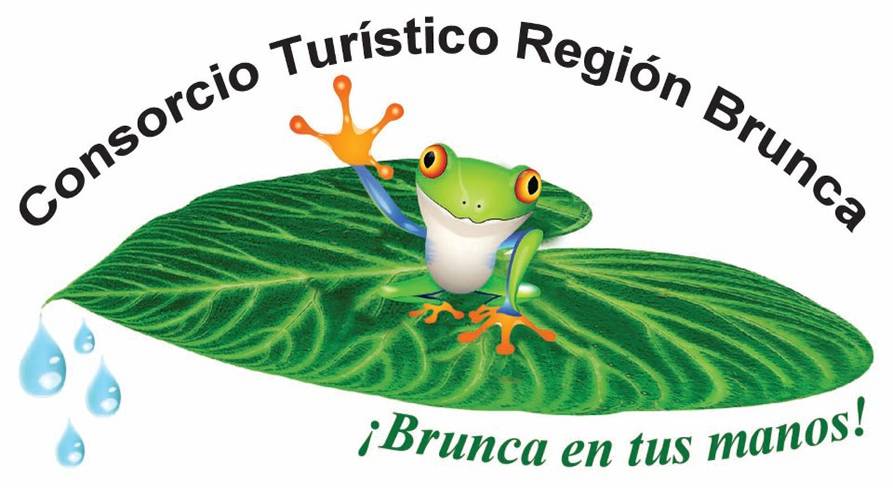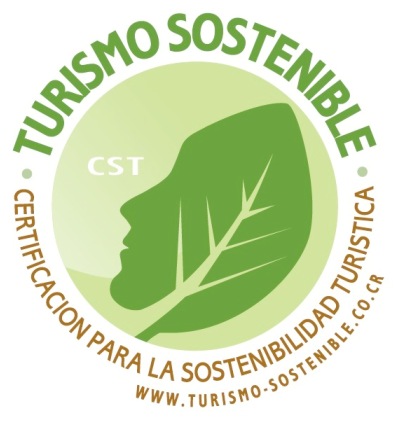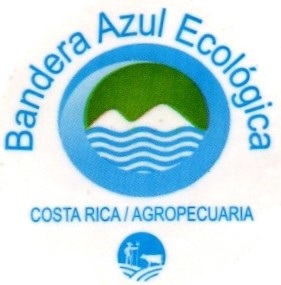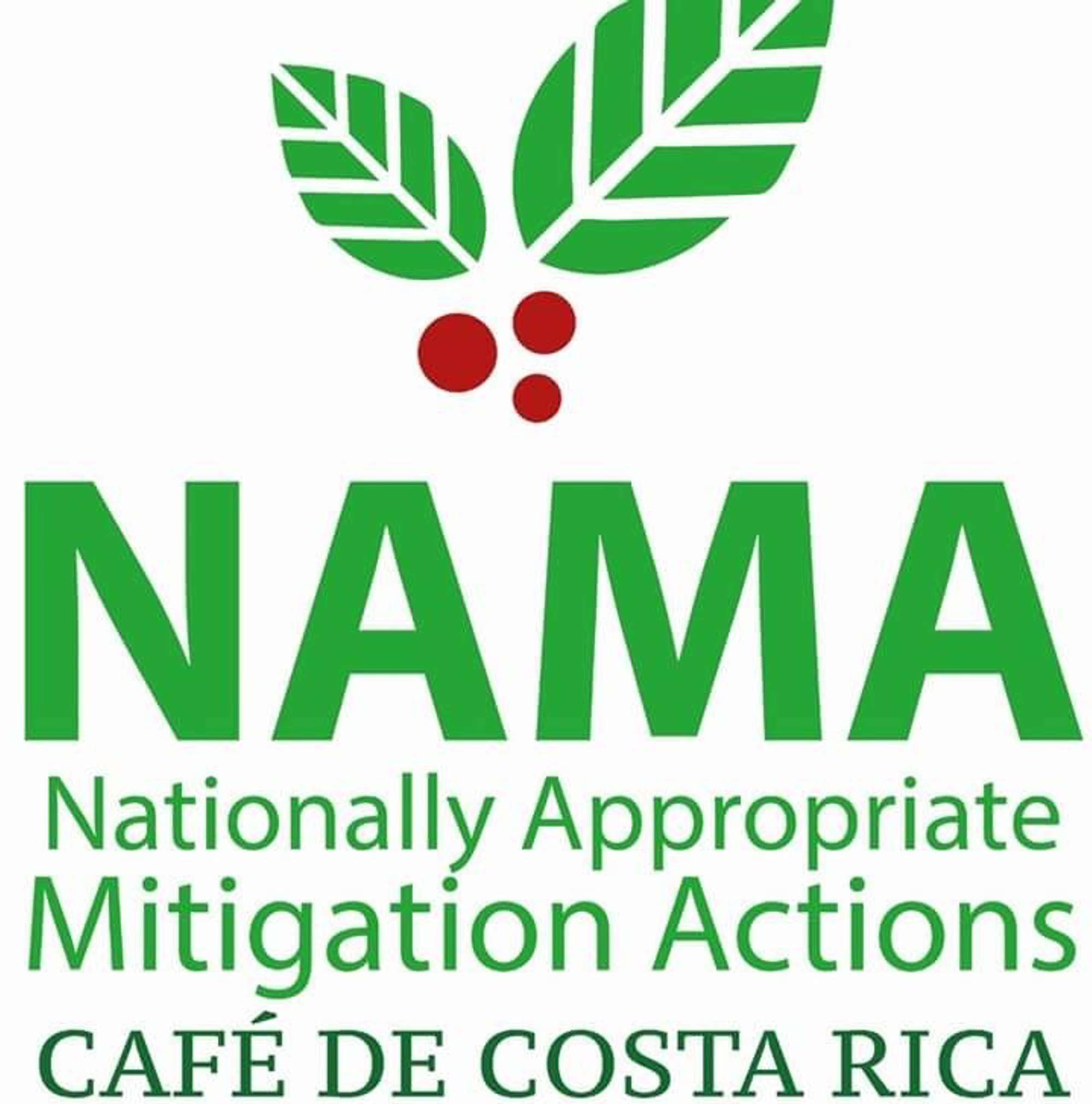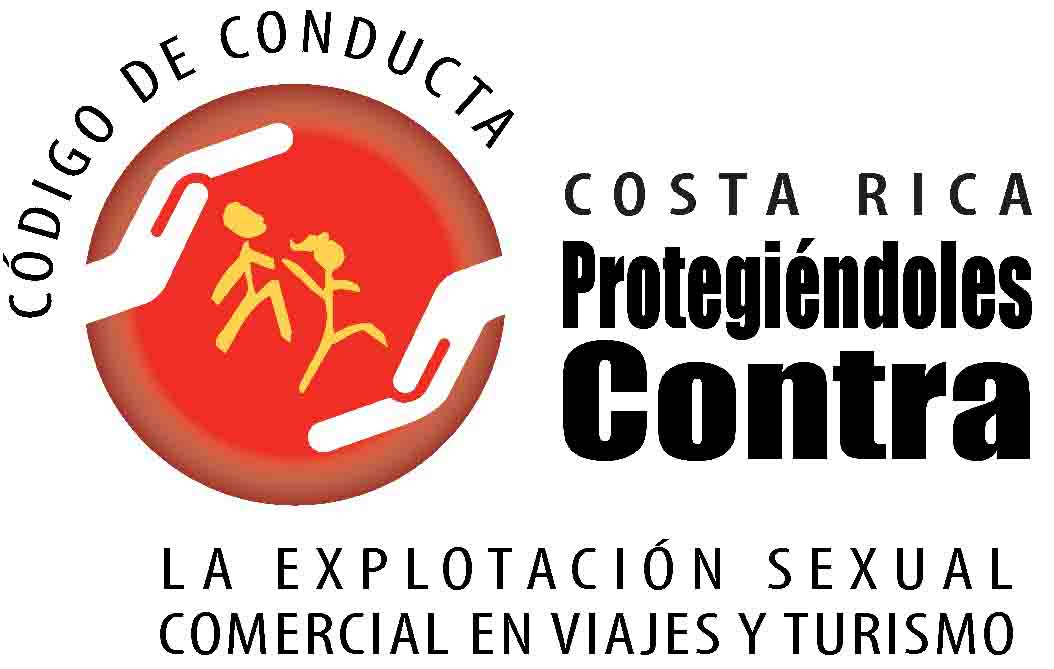The various projects developed by ASOMOBI have generated benefits to its associates and to other families in the community and surrounding villages; among which should be highlighted:
- Coffee production that promotes pollution abatement and more friendly farming practices, resulting in the regulated use of agrochemicals that benefit from using lower volumes of water. In addition to saving this vital liquid the water sources in surrounding areas are not contaminated.
- Visitors to this area have allowed community life and living condition to improve on an individual and a family basis. This visitor activity has generated new revenue for food services, internal transport, and accommodation for families and individual to sell local crafts, provide guide and porter services and rent horses. This is all in addition to cultural exchange through cultural evenings, language workshops, retreats and school visits.
- Another element of environmental improvement executed in volunteering relates to external contribution to community infrastructure and conservation of natural sites like Forest Reserve Finca Biolley, which have had some improvements thanks to volunteering support.
- The ASOMOBI project through its flagship product “Café Cerro Biolley ” is:
- Strengthening gender equity, advertised as produced by women
- Providing innovative experience to the peasant involvement and production, through the accumulation of administrative and managerial vision branches such as agribusiness and service delivery to rural tourism, which has generated a development that has altered the progressive decline maintained by the Costa Rican Agriculture in recent decades. Innovative market experiences are created, to break the vicious circle of the intermediary, which has achieved better pay for its producers and offer a product of superior quality at an affordable price. Besides women and families from other parts of the country are profiting through grass roots marketing and sales, distributing “Cerro Biolley Coffee” house by house.
- Projects such as the protection of conservation area, watershed recovery, environmental education, gender equity, strengthening grassroots organizations, taking advantage the resources of administrative management of coffee and the voluntary attitude of women that play these roles.
 Español
Español Deutsch
Deutsch 


